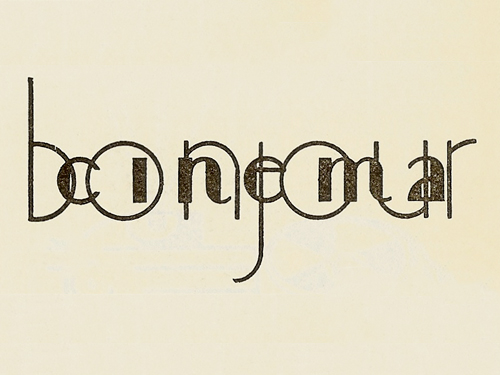Jean Epstein
Jean Epstein (1897–1953) was a French filmmaker, literary critic, novelist and film theorist. As a filmmaker he was associated with the filmmakers movement of the silent era called the “French Impressionist Cinema’”, also variously referred to as the “first cinematic avant-garde” or the “pre-war French school”, including other figures like Louis Delluc, Germaine Dulac, Marcel L’Herbier and Abel Gance. His writing on cinema is strongly connected to the term “photogénie”, a complex concept that seeks to accentuate a form of cinematic specificity that transcends the material specificity of the medium. In 1921, Epstein published his first piece of theoretical writing titled Bonjour Cinéma, a collection of essays, which includes a lyrical exposé of the close-up using the term photogénie. Epstein also wrote several books on film, including Le cinéma vu de l’Etna (1936) and Le cinéma du diable (1957). Among his many films La chute de la maison Usher (1928), Mauprat (1926), Le lion des Mogols (1924) and Cœur fidèle (1923) are best known.
Jean Epstein


